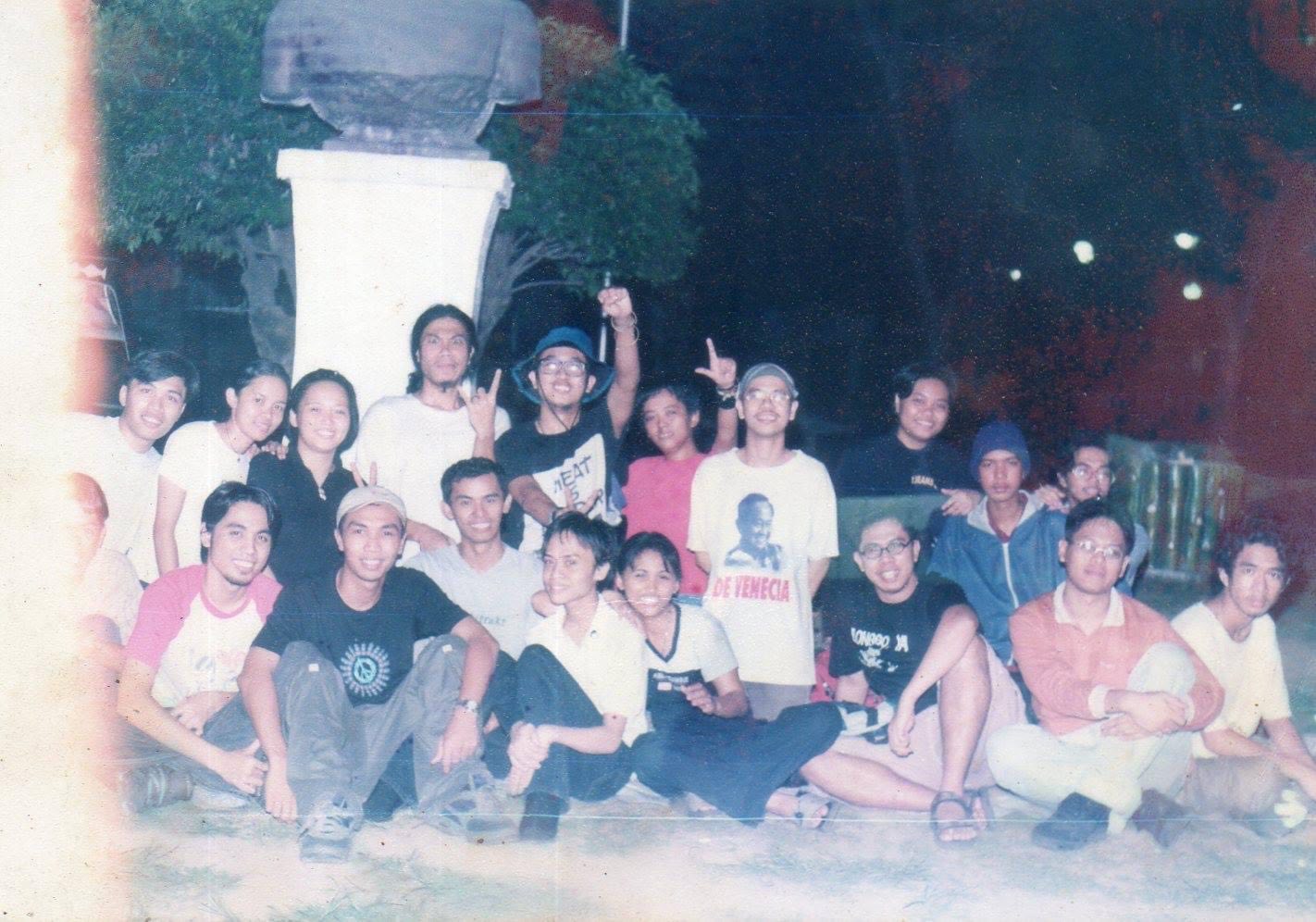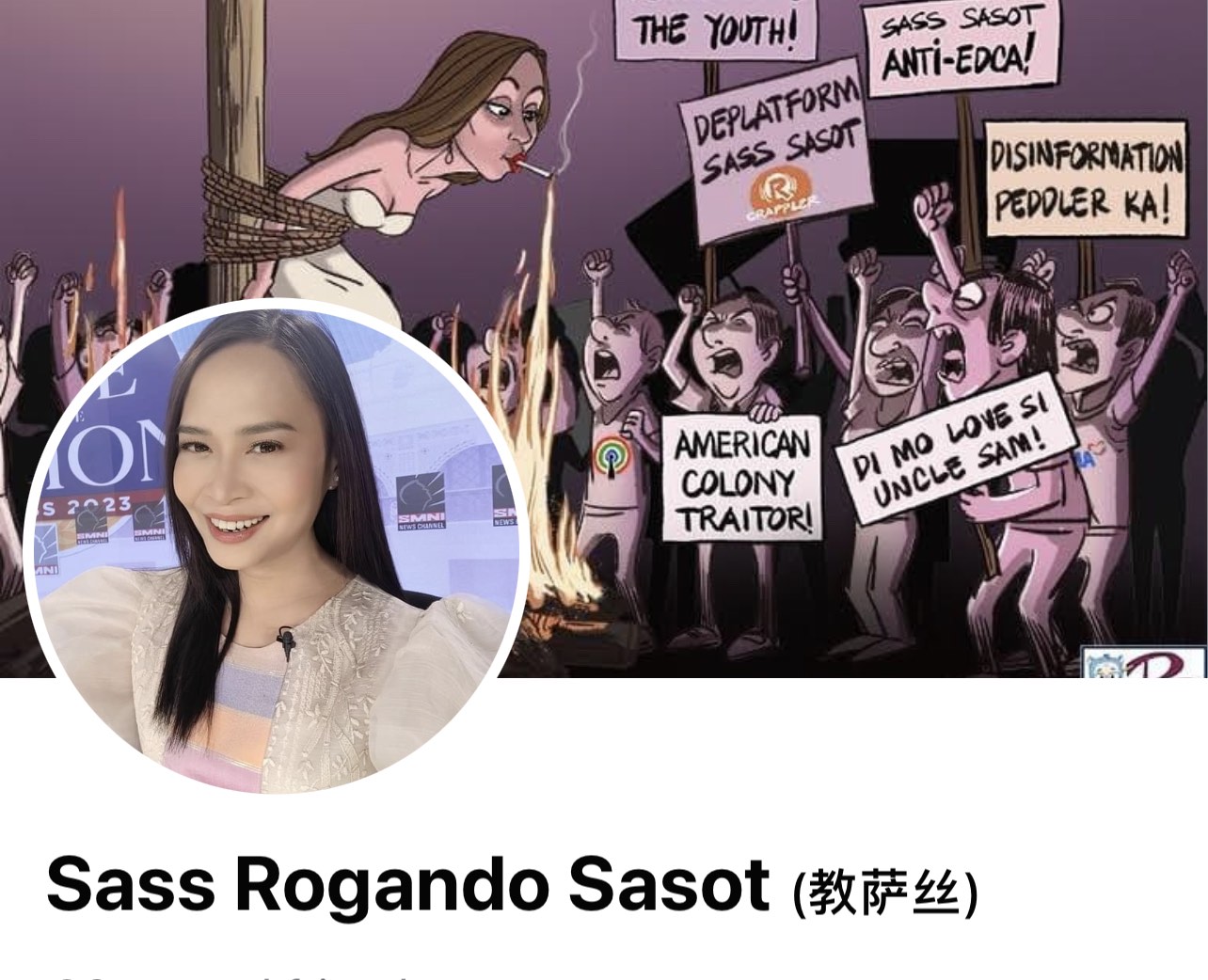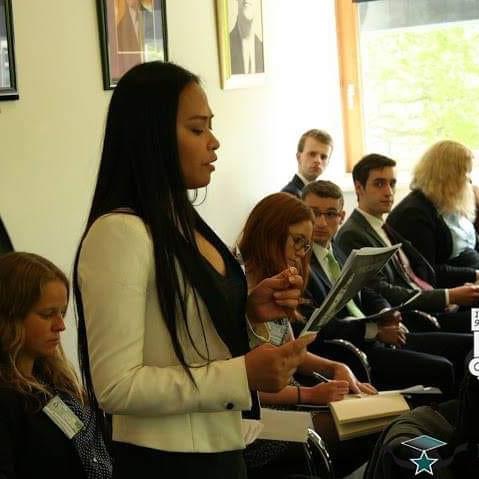Disparaging the darling Sass Sasot
Social media wars and the folly of newly-minted overzealous bloggers—xoxo
At A Glance
- The old man Marcos would never look down on such condescension at a Filipino (enemies included)—even in jest.

Friday for me is like Saturday. It is the day after I submit my article for The Manila Bulletin and I am able to enjoy a day of no literary worries outside of the demands of social media posts, occasional comments or likes, and Messenger replies to friends and family.
Last Friday, this ideal respite from work was disrupted by an FB message from my cousin thrice removed (but more familiar to me than my other blood relations) Michael “Mike” Acebedo Lopez.
“OMG. Are you following Sass? She’s on a warpath,” his message read.
I am not a regular observer of the social media battlefield fought among the local political keyboard pundits as they throw barbs at political personalities and each other, but I do know of a few names based from the information warfare that occurred during the campaign period of the presidential election of 2022.
Sass Rogando Sasot is one of them. Mike’s message drew me to her FB page. Sass was being attacked and—as I have been told and looking through her past posts—she was fighting back in true Sass fashion.
The attacker is a relative newcomer in the public sphere who is self-described as “roasting random political personalities.” He (or she) hides behind a nom de guerre and an artificial persona.
I was bothered reading about the attacks lodged against Sass, whom I have never met and who is, in fact, a vociferous voice against some of my relatives in public office.
The anonymous attacker goaded, taunted, belittled, and relished in the misery and indignation of others—even laughing at matters like the struggle of having to find money to educate oneself, the inferiority of the international educational institution one was grateful to get into, the unfamiliarity with the English language (grammar and spelling), and even one’s personal views which was in opposition, I suppose, to the attacker’s own.

In the attacker’s succeeding posts, he (or she) feigned ignorance when others came to Sass’ defense, presenting an explanation reeking of condescension. The excuse? That people did not get the satire or sarcasm. The attacker also insinuated that it was beyond the comprehension of Sass and her defenders—thus the “tender sting.”
I’m a mom and I have honed my ability to detect shades of harassment and bullying particularly when there exists an imbalance of power in the circumstances the attacker set up by donning a persona belonging to an old, well-connected, and wealthy Filipino family.
The target was Sass, a Filipina transexual woman who was once homeless, lived in Luneta, and had dreams of getting an education and is in partial fulfillment of that dream.
Can she not very well pass for the “poster girl” of what is marginalized in our society?
So for insinuations to rise that this new player in the public sphere is part of the Marcos administration or the President’s wife’s plan to continue to sway public opinion in favor of her husband, is concerning.

The tone of voice and superfluous attitude (admittedly and obviously artificially acquired) by the attacker and the use of sarcasm and other literary devices to belittle a person remind us of the class war still prevalent in society, as well as the disparity between the haves and have-nots in this country.
In my opinion, my uncle, the old man Marcos, would never look down on such condescension at a Filipino (enemies included)—even in jest.
This vlogger being attacked is a Filipino with a spirit he so much wanted for all the Pinoys—that despite the socio-economic background they were born into, they underwent a self-transformation, versus remaining defeated and resigned with the situation they were born in, tapos didikdikin and disparaged for not accepting a fate that was dealt to her at birth ng isang tao (un)officially representing his son’s administration?
PBBM did not resort to mudslinging during his campaign—but now it’s okay to have this attacker who sounds like a trying hard copycat of Gossip Girl or maybe Bridgerton, although the newcomer signed off one time with “xoxo," just like Gossip Girl.
Has the Marcos administration sunk so low? Has the Marcos administration been so reduced that it thinks it is okay to defend itself from attacks by using the artificial “voice” of a persona with the mentality of a juvenile pretending to be a hoity-toity grownup? I think not.
The frenzy that has ensued trying to pinpoint the true identity of the newcomer may perhaps be a result of the many stories shared with the readers that make them believe the newcomer is well-connected.

My guess is that the newcomer (may it be an individual or a group) may have planned a series of sit-downs over coffee or lunch or snacks with members of the old guard of Marcos Sr. and the current administration.
It may even publish stories taken from memory of past conversations with people—who unbeknown (or some complicit) to them—have become unwitting contributors to propping up this newcomer as a legitimate player in the field of public opinion.
But what is the underlying premise behind the suspicion this newcomer was mobilized by someone to share views and opinions to protect, influence, and generate support for the administration?
I think it may be a holdover from the last elections, even if it’s been a little over a year.
Accusations and speculations were rampant during the last elections as to whether certain vloggers were in the payroll of this or that candidate. Some were truly independent and others were openly for a particular candidate, but whether or not they were paid may never be known, unless evidence, like income tax returns declaration, surfaces.
The open attacks by the newcomer on individuals of the same political persuasion seem to indicate an agenda to protect PBBM. The manner in which it is done, however, leaves much to be said—its amateurish execution and consequences suggest that a restructuring and rebranding of the vlog is in order.
Public opinion can be measured in concrete terms in such sectors like the economy and politics. The latter we witnessed in our recent presidential elections with PBBM being sworn in as the 17th President of the Republic of the Philippines, proving public opinion formation was no longer the exclusive domain of specific institutions like mainstream print and broadcast media giants and age-old traditions (Catholic Church) but of many.
Arbitrary exercise of power in this case illustrated that public opinion was no longer the “sole instrument of an elite group or institution but of the individual with access to social media”—more particularly one with a large following.
In addition, the flow of unhampered information regarding then-Presidential candidate PBBM’s platform—getting his message across without having to deal with a reactionary and suspected biased media institutions wary of the political success of the son of the late President Ferdinand E. Marcos—proved fertile ground for critical thinking and votes for PBBM.
The history of social media was traced by Beata Bialy in her paper, “Social Media: From Social Exchange to Battlefield, from its beginnings as the Bulletin Board System (BBS) in the 1980s to the behemoth Facebook (launched in 2006) today.”
According to Bialy, the real social revolution started when Friendster was launched in the beginning of the 2000s. This is when participatory culture along with technological advancement allowed platforms like LinkedIn and FB to flourish and saw other platforms My Space, YouTube, Google, IG, Snapchat, etc, begin to appear.
With the advancement of technology, particularly with easy accessibility to social media platforms that were meant as mere “social” platforms have not only turned into major sources of information but have evolved—as we have seen in the past years—into a battlefield for differing views and opinions on a variety of subjects but none more heated than on the topic of Philippine politics.